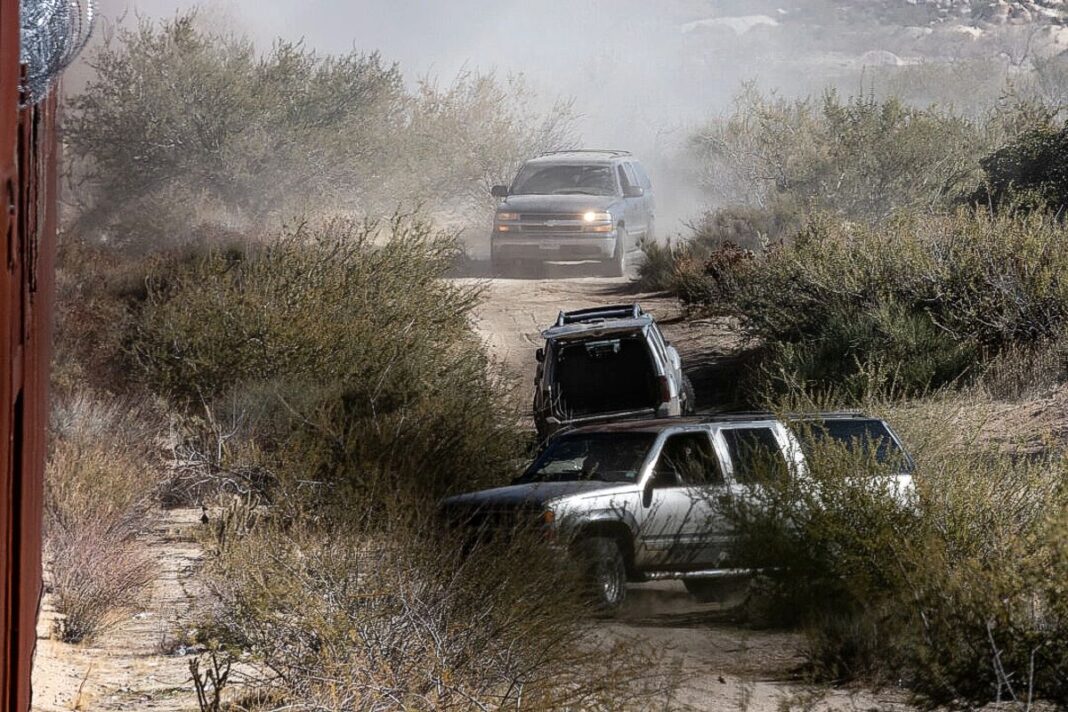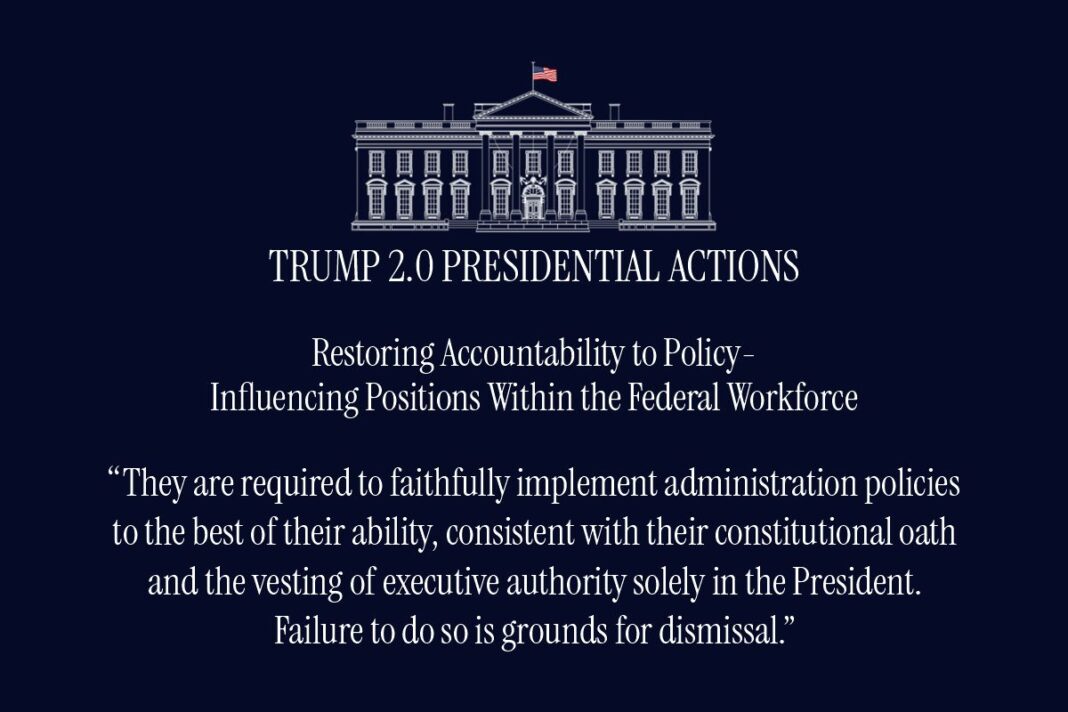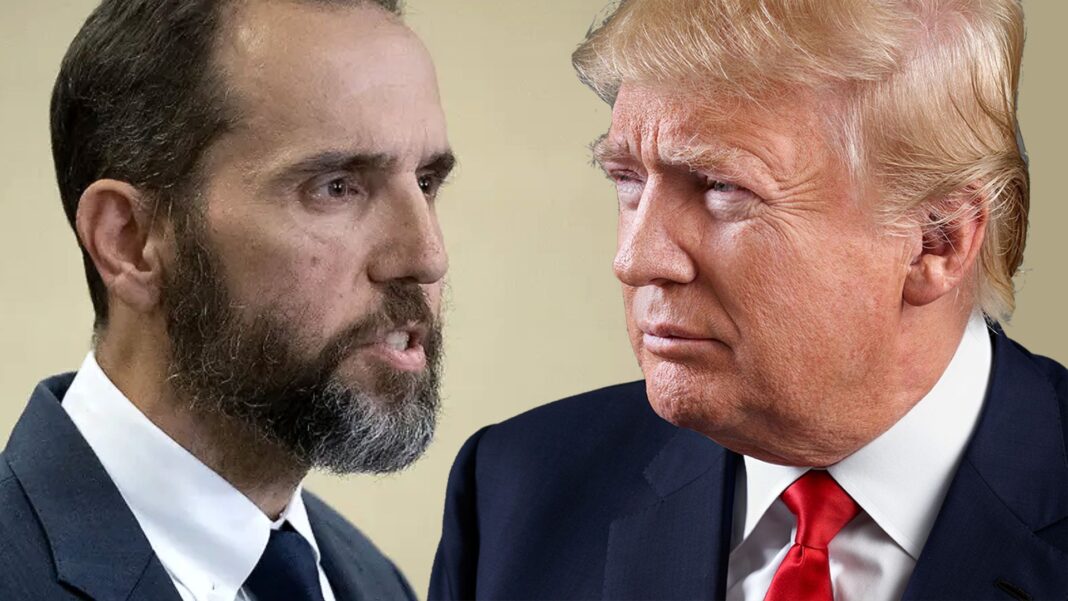Trump orders ‘the total elimination of these organizations’ presence’ in the country.
President Donald Trump issued an executive order on his first day in office designating cartels and gangs as foreign terrorist organizations (FTOs) and specially designated global terrorists, granting authorities greater power to crack down on these violent organizations.
The Jan. 20 executive order states that cartels are flooding the United States with “deadly drugs, violent criminals, and vicious gangs,” with these groups posing “an unacceptable national security risk” to the country. The order says that cartels “functionally control, through a campaign of assassination, terror, rape, and brute force nearly all illegal traffic across the southern border of the United States.”
Drugs flowing across the southern border have triggered a fentanyl crisis in the United States. A powerful opioid, fentanyl is 100 times more potent than morphine. Just two milligrams is enough to be fatal. Fentanyl precursors are often shipped from China to cartel members in Mexico and then trafficked into the United States.
In 2023, synthetic opioids such as fentanyl killed an estimated 74,702 Americans, according to data from the U.S. Centers for Disease Control and Prevention. The opioids were responsible for a majority of 107,543 drug overdose deaths in the country.
Last month, Trump said he planned to “immediately designate the cartels as foreign terrorist organizations” once he entered the White House. The president had considered such a move during his first term but set it aside following a request from then-Mexican President Andres Manuel Lopez Obrador.
The executive order also highlighted the threats posed by transnational criminal groups such as Tren de Aragua and La Mara Salvatrucha (MS-13) that have unleashed “campaigns of violence and terror” in the United States that have been “extraordinarily violent, vicious.”
Tren de Aragua is a Venezuelan gang. Tennessee Bureau of Investigation Director David Rausch said during a recent hearing that the gang was operating in the state’s four largest cities. Rausch explained that Tren de Aragua typically begins with human trafficking, then moves into organized retail theft, and eventually engages in drug trafficking.
“They have a pathway of violence, and we want people to be aware of that,” he said. “They are very violent toward policing—they have no respect for law enforcement. They will fight, and they will attack police.”









